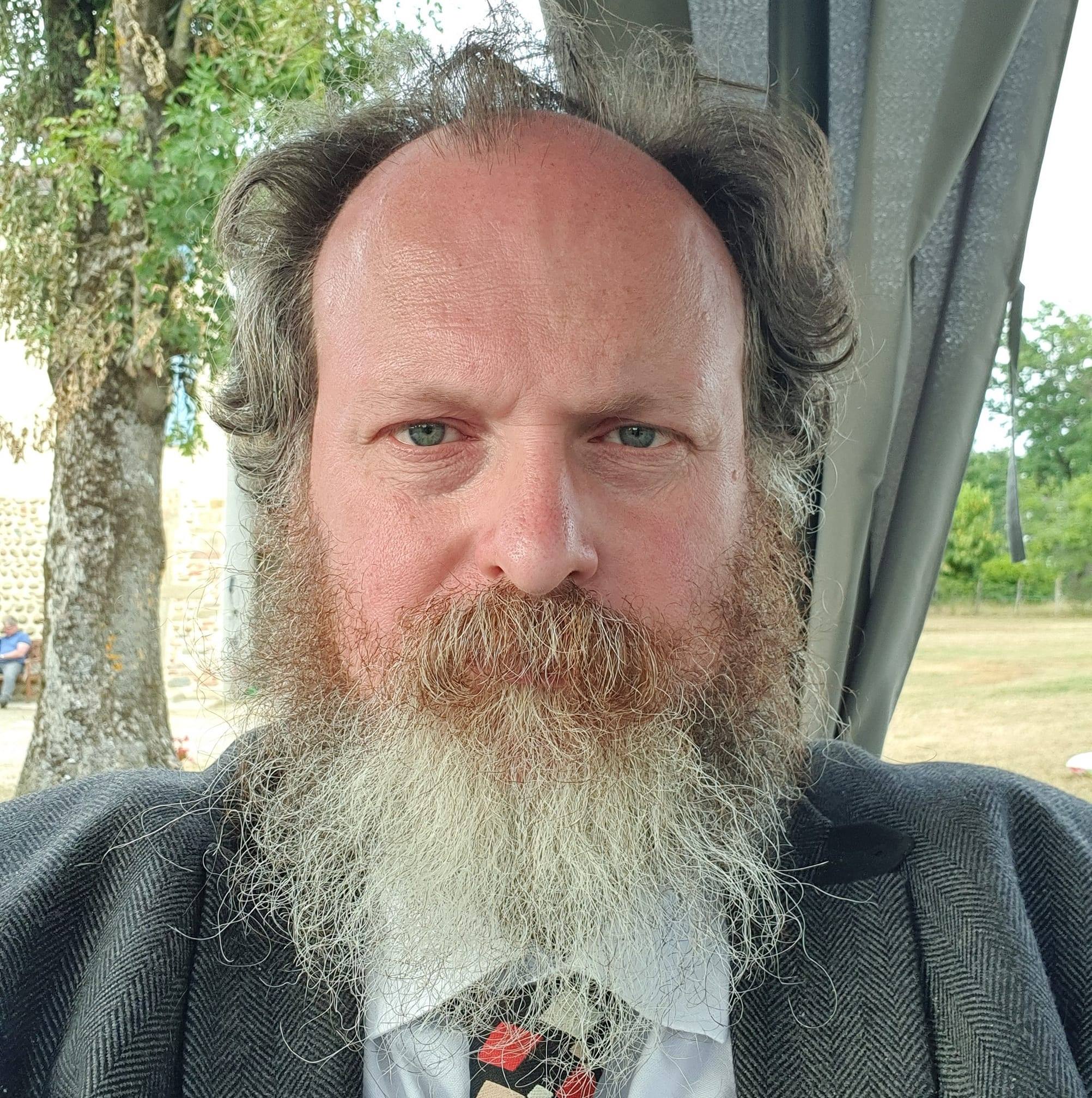Seamus Heaney. Goed. Nuff said.
Of neen, toch niet: Beowulf. Groots. Worth the price of admission voor de inleiding alleen al. En voor de hertaling van het allereerste woord.
Beowulf begint zo:
Hwæt we Gar-Dena in gear-dagum
þeod-cyninga þrum gefrunon
hu ða aeþelingas ellen fremedon.
Hwaet zou kunnen vertaald worden als “Harken” of “Listen” of zoiets. Het is, zegt het internet mij, “a word that is frequently found at the beginning of Old English poems, […] used to get the attention of audiences listening to an oral performance”. De vertaling uit 1910 door Francis Gummere doet het zo:
Lo! Praise of the prowess of people-kings
of spear-armed Danes, in days long sped,
we have heard, and what honor the athelings won!
Ho-hum.
Heaney begint:
So. The Spear-Danes in days gone by
and the kings who ruled them had courage and greatness.
We have heard of those princes’ heroic campaigns.
So. So. Definitief. Matter of fact. “Bon”. “Zodus”. Zo goed! Zo juist! En ondertussen ook het binnenrijm, Danes/Days, Kings/Courage, Heard/Heroic. En de betekenis. En al wordt er niet gerept over athelings, een mens voelt zich na twee bladzijden in de vroege middeleeuwen.
Neen, ik begin aan dichters te geraken. Nog een beetje en ik ga literatuur beginnen lezen. Waar gaat dat naartoe?
